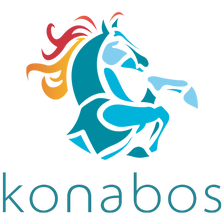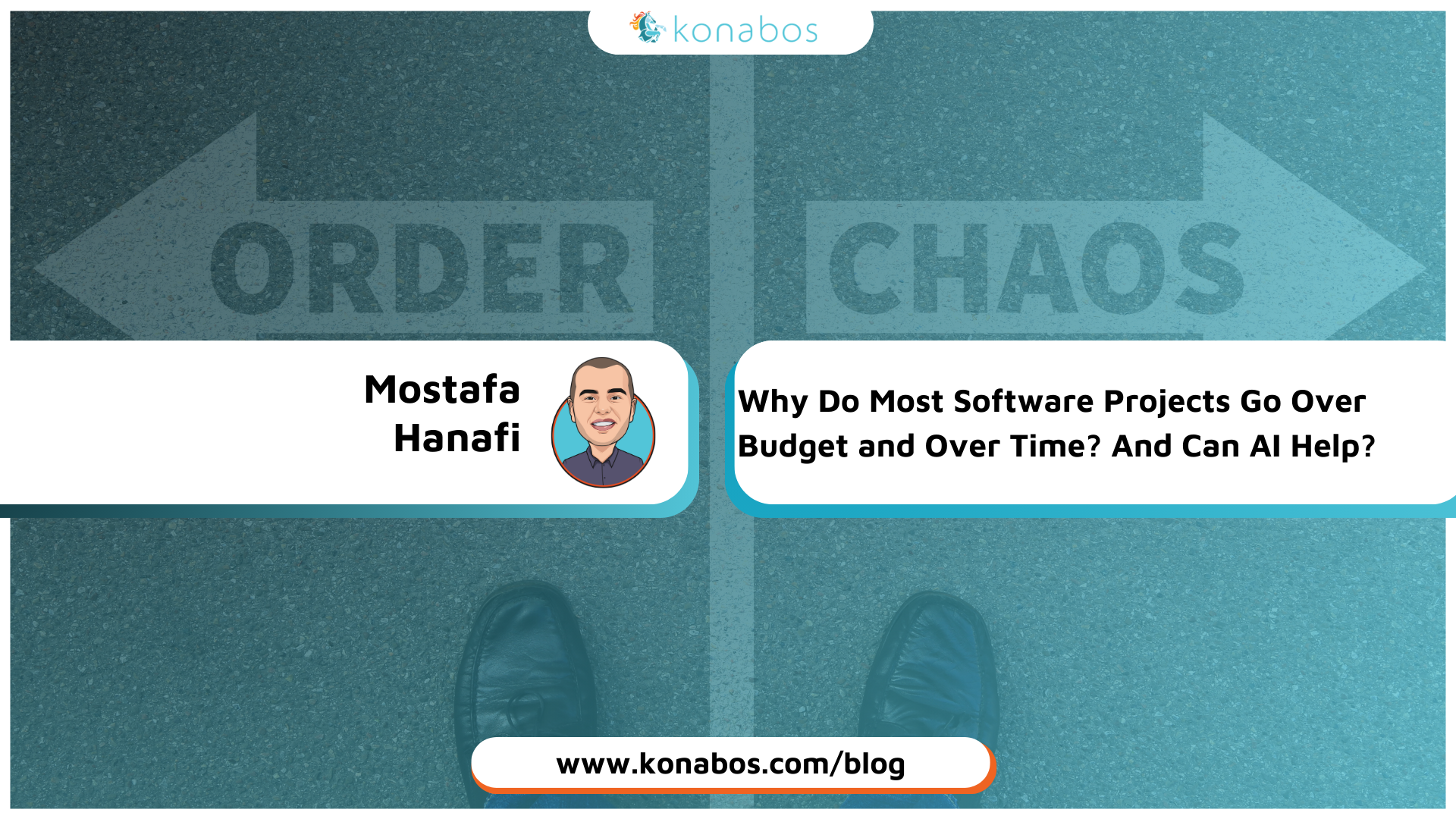Why Do Most Software Projects Go Over Budget and Over Time? And Can AI Help?
Mostafa Hanafi - Program Manager
5 May 2025
Over the past decade, working with development teams and project managers, I have seen a common theme across projects of all sizes: deadlines are missed, budgets are exceeded, and project teams wonder how this happened (sounds familiar, right?).
The Standish Group’s 2022 CHAOS Report highlights this persistent pain point, noting that only 35% of software projects are completed on time and within budget.
This post will discuss some significant causes behind missed deadlines and budget blowouts in software projects. I will also examine how AI-powered solutions are starting to mitigate, if not eliminate, these classic challenges.
1. Unclear and/or Shifting Requirements
Unclear requirements and shifting goals (often called scope creep) are, according to Jeff Sutherland (co-creator of Scrum), “one of the single biggest reasons projects become late and over budget.” Stakeholders learn as software evolves, and what seemed like a simple app quickly becomes much more complex than initially thought.
- Agile methodologies promote frequent check-ins and iterative development to adapt to requirement changes. Before development begins, take the time to plan out the project and confirm your understanding of the scope.
- How AI helps: AI tools such as ChatGPT can help in many ways, for instance, by reviewing your Business Requirements Document (BRD) for any ambiguity or overlooked key features. Additionally, AI can act as various personas and refine the scope from various perspectives, such as end-user, back-office staff, marketing manager, etc.
2. Underestimating Complexity
Software is famously hard to estimate. As Satya Nadella, CEO of Microsoft, put it, “Every generation underestimates what it takes to create robust, scalable, and secure digital programs.” Teams focus on best-case scenarios, missing hidden dependencies or integration headaches that only surface mid-project.
- Historical data analysis and retrospectives help organizations improve their estimates over time. Additionally, experimenting with various estimation techniques helps team reach an estimation method that works best for them and for the type of projects they work on.
- How AI helps: AI-based forecasting tools learn from past project data and provide data-driven estimates and risk flags. Tools like JIRA Advanced Roadmaps and Forecast AI integrate with project management systems to identify over-optimistic timelines and resource gaps early.
3. Communication Breakdowns
Distributed teams and busy stakeholders can easily end up misaligned. Miscommunication or lack of shared understanding often leads to duplicated work or missed goals. We suffered from this challenge on a recent client project where the executive team was brought in too late in the project for review (in fact the project was almost complete). Because of misalignment regarding the expected outcomes, the project was put on hold and only launched months after completion until some sort of alignment was reached amongst stakeholders.
- Clear processes and regular project check-ins with all project stakeholders are foundational to mitigate this challenge.
- How AI helps: This may seem trivial, but in fact, simple AI-powered collaboration assistants such as Slack’s AI-driven summarization or Microsoft Teams’ intelligent recaps keep everyone updated concisely and efficiently, reducing such communication issues.
4. Technical Challenges and Unfamiliar Technologies
Introducing new frameworks, APIs, or integrating legacy systems consistently causes delays. This challenge is most prominent with large projects where existing systems (such as complex ERPs or CRMs) introduce additional complexities if the development team is unfamiliar with them and does not collaborate effectively with the existing IT team.
- Technical spikes and proof-of-concept phases help teams tackle unknowns earlier.
- How AI helps: AI coding assistants, like GitHub Copilot and Cursor, can assist in identifying bottlenecks, auto-suggest fixes, and even propose alternative approaches, accelerating troubleshooting and reducing delays.
5. Resource Bottlenecks and Team Turnover
Losing key personnel or having too few people with the right skillset causes unavoidable slowdowns. Sometimes, critical-path tasks get delayed because only one developer can handle them.
- Proper resource planning is crucial for the success of any software projects, especially in the consulting world where many projects run in parallel, and there are so many tools, and even simple spreadsheets can help with this. If the right team members engage in the resource planning process, it adds lots of value to the project team.
- How AI helps: AI-driven scheduling and assignment tools, such as Resource Guru’s AI suggestions, can match tasks to resources based on capacity and expertise, smoothing out workloads and reducing single points of failure.
Is AI a Silver Bullet?
Not quite. AI is quietly transforming project management and software delivery, but as Dr. Nicole Forsgren (author of Accelerate) notes, “Technology is only part of the story. Culture, process, and leadership are still the biggest drivers of success.” AI excels by augmenting human judgment, surfacing risks, clarifying requirements, and flagging delays so teams can focus their energy on creative problem-solving.
Software projects will always have an element of unpredictability, but understanding the root causes of overruns and actively managing them makes all the difference. An intentional mix of agile practices, transparent communication, and smart, AI-powered tools can help teams deliver more predictable business value. As Sundar Pichai, CEO of Google, recently observed, “AI won’t replace managers, but managers who use AI will replace those who don’t.”
Staying open to these innovations, while deeply investing in your people and processes, is what really makes software projects successful in today’s fast-moving digital landscape.

Mostafa Hanafi
Mostafa is an experienced Project Manager and Scrum Master who has been managing Sitecore projects for more than 8 years. During his 12 years of experience in the field, Mostafa has also excelled as a Business Analyst and Product Manager, where he practices his passion for solving problems. In addition, Mostafa is also a two-time Sitecore MVP. As a Program Manager at Konabos, Mostafa will work with clients to ensure their business goals are achieved in the most efficient and cost-effective way.



Share on social media